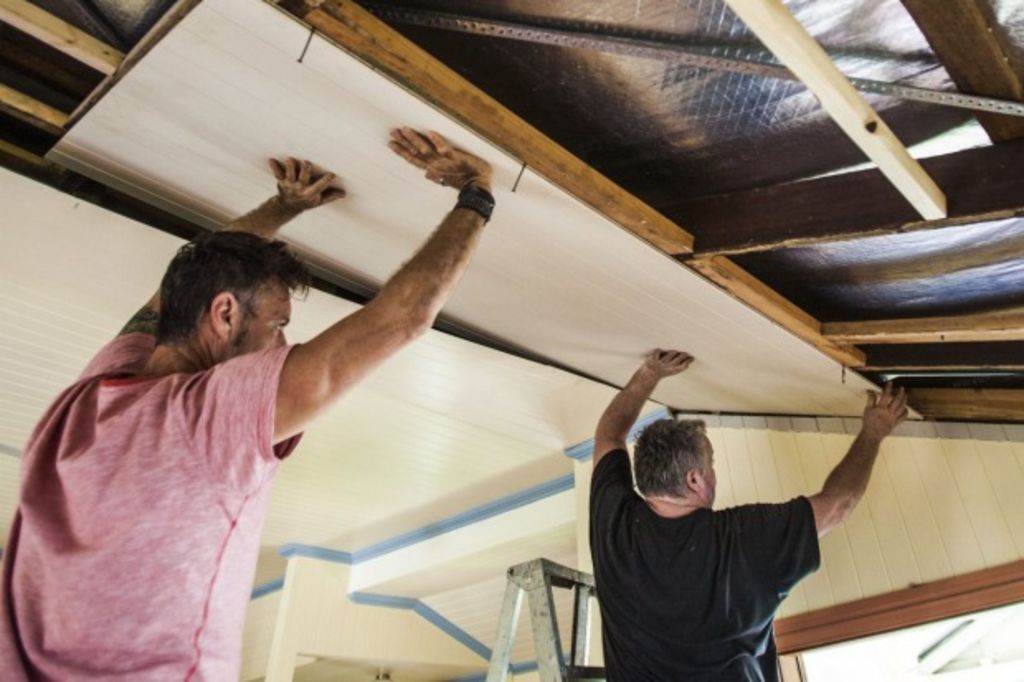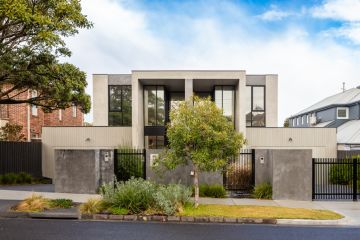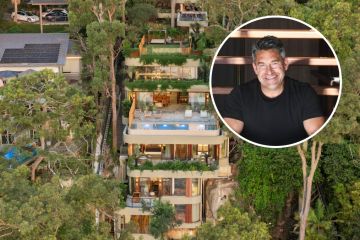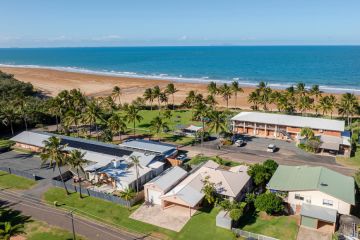Buying a home to renovate, what you should know

Before we decided to build a new home we had planned to renovate and spent eight months looking for a property that ticked all of our boxes. We wanted something that had the potential to be both a great home as well as investment. It was a long and arduous process but the time we spent was invaluable, because it ended up finding a property that turned out to be even better than we had expected.
In the beginning I wanted to buy everything we saw, but luckily we had the advice of our friend, real estate agent and Scott Salisbury Homes Business Development Manager Russell Gwynne, and his experience and knowledge helped us compile a list of considerations that ultimately helped us choose from the head and not the heart. So, here is our list. Hopefully if you are looking for a home to renovate it will help you chose your perfect property too.
- If you are renovating to sell you often make your profit when you purchase, so research every area you are looking at and make sure you buy at the best possible price. Find out what homes in the street and area have sold for and don’t pay more than it’s worth – no matter how much you love it.
- Check out the neighbourhood. The street may look great, but around the corner could be a sewerage works or facility that generates a lot of traffic. Go past the property at different times of the day to gauge how busy it is, as a busy street can affect future saleability. Are there other homes in the area that are being renovated or knocked down and rebuilt? If so this can increase the medium price in the area in the future. Close proximity to public transport, good schools and shops are also an advantage for re-sale.
- Get a building inspection done. Unexpected issues, like an inability to remove a particular wall, the age of the wiring or plumbing, or even the slope of the block can create a lot of extra costs you need to factor in when budgeting your renovation costs.
- Research your expected sale price when the renovation is complete. You may not be intending to move in the near future, but it still pays to avoid over capitalising. There is no point buying a house for $700,000, spending $350,000 and then having a home that is worth only $950,000. Speak to real estate agents, builders and valuers and listen to their advice.
- Check the orientation of the block, or more importantly what shadows it. No one likes a dark house, so look at ways you could bring in more light with bigger windows, skylights/sola tubes etc. South-facing backyards can be dark, so should be worth less than north-facing yards. Also check the ability to remove trees from the property if needed. The council may establish a tree-root protection zone that you cannot build within, which could ruin your ability to extend in any way.
- When it comes to the renovation always keep an eye on your budget and don’t overspend. If you’re renovating to sell only spend money on the things that get you the most back. You may think the feature LED light, twin ovens and home automations are fantastic, but they probably won’t add that much to your sale price. Similarly, that $2000 pendant light you love may be available as a $200 copy and will look exactly the same to buyers. Finally, keep it classic. If you’re renovating to sell don’t add features you may love but may put the general buying public off. Keep fixtures, fittings and wall colours neutral and classic, particularly with bathrooms and kitchens, and invest money in the landscaping and overall presentation of the home.
States
Capital Cities
Capital Cities - Rentals
Popular Areas
Allhomes
More







